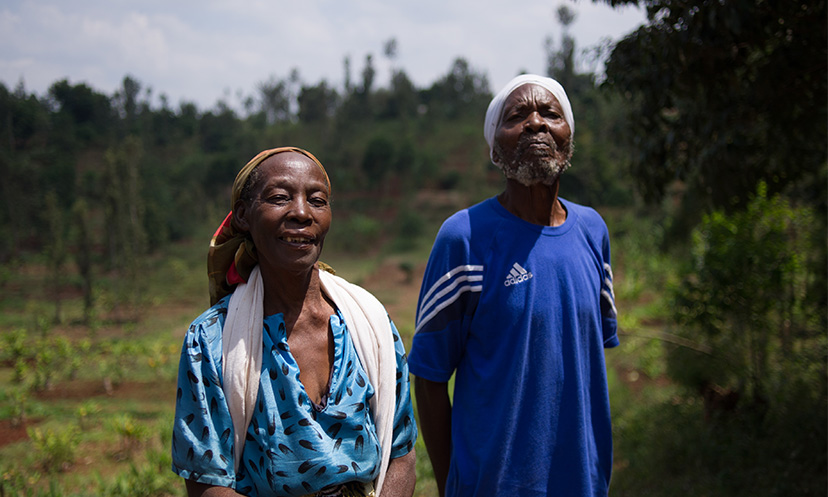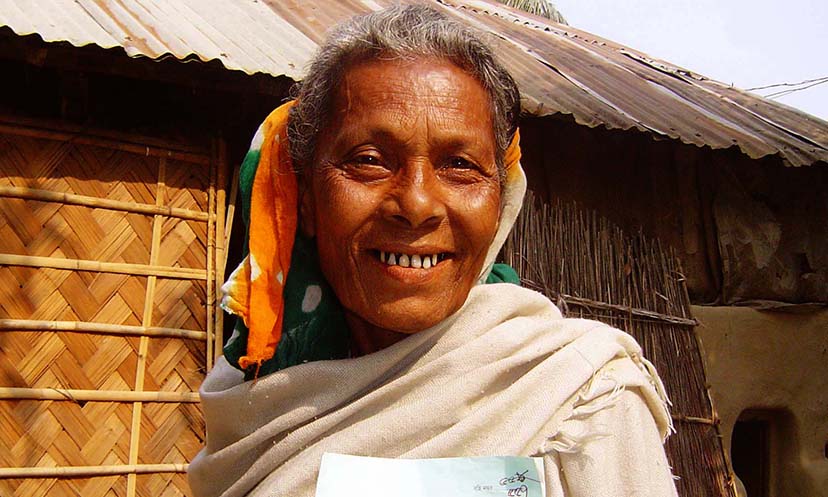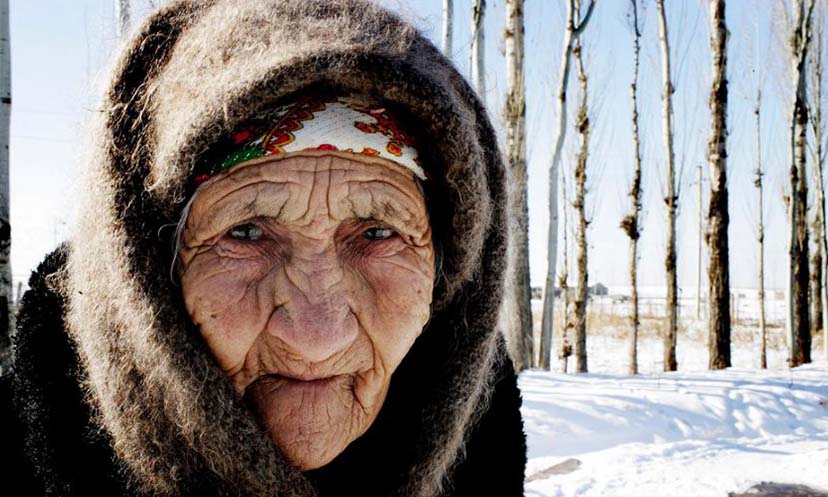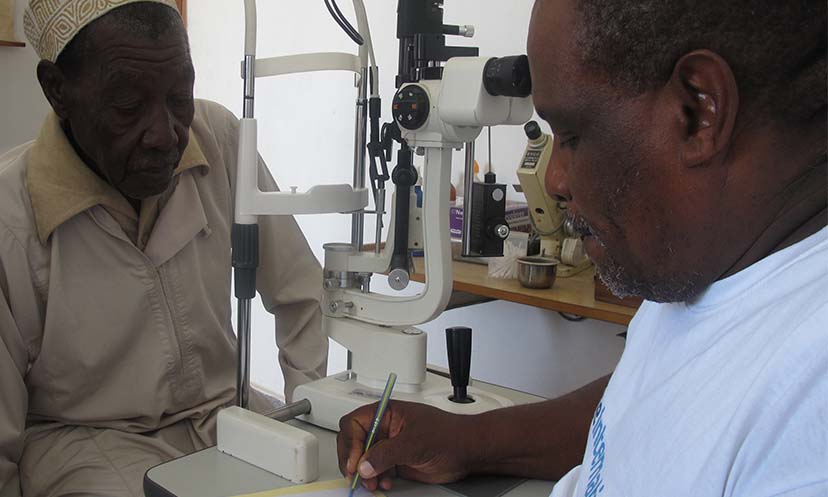Charity shows how older people are using grassroots data to fight ageism

Published on 09 April 2016 06:30 AM
Age discrimination is rife around the world – but older people are successfully using data to fight back, says a new report.
Older citizen monitoring involves older people at grassroots level monitoring the implementation of policies and services affecting their lives.
As a direct result of activities by these groups:
- The Old Age Allowance budget in Bangladesh has risen from £58 million to £85 million
- Health clinics have been provided with better drugs in Tanzania
- More people were granted pensions and a top-up fund was created to expand the benefit, in Kyrgyzstan
Age International's ‘Older citizen monitoring: achievements and learning’ report sheds light on the many different types of discrimination that older people face globally – but also on the unique way that older people themselves are seeking to create change.
Fighting for pensions in Bangladesh

A member of an older citizens monitoring group in Gazipur, Bangladesh, with proof of her entitlement to the government’s old age allowance.
Older people often face challenges in accessing pensions. In Bangladesh, monitors gathered information on the distribution of the Old Age Allowance, and discovered that:
- Many older people travelled long distances to collect their allowance – only to find that the bank had changed the distribution day
- Older people were often asked to pay money to the local authorities before receiving their pension
As a result of the activities by the monitors, older people were informed that they did not need to pay money to local authorities to receive the Old Age Allowance and banks set regular days for distributing the allowance.
Data collected at the local level also fed into national advocacy and contributed to an increase of the Old Age Allowance budget from £58 million to £85 million. It also resulted in an increase in the number of older people receiving the Old Age Allowance in Bangladesh.
Creating age-friendly healthcare in Tanzania
Dr Slim sees an older patient in Tanzania
Older people are often deprived of healthcare and medicines or given inappropriate treatment, purely because of their age. In Tanzania, monitors discovered that many older people were unable to pay hospital fees or buy the medication they needed, either because it was not stocked or because they could not afford the cost of the medication. They also found that few healthcare professionals were trained in the needs of older people.
Upon presenting this information to the local government, health clinics were provided with drugs for non-communicable diseases (NCDs). They also trained healthcare professionals in providing age-friendly healthcare and set up specialist geriatric health units, so that older people could receive appropriate care.
At a national level, the government committed itself to providing older people with ID cards entitling them to free healthcare; specific service windows and consulting rooms for older people in health clinics; and better access to voluntary counselling and testing for HIV and treatment for AIDS-related illnesses.
Improving pensions in Kyrgyzstan

'When my pension gets delayed, we have to go without food and when it is very cold this can be hard.' – Nurilla, 91
In Kyrgyzstan, where temperatures can be as low as minus 30C and the winter season can drag on for months, older people are particularly vulnerable, monitors gathered information on how seasonal changes affected older people.
They discovered that the monthly benefit people in later life received from the government was not enough to meet their basic needs - many older people found themselves with the choice of paying for food or fuel.
Monitors also found that the price of food, healthcare, services and transport increased during the cold weather, pushing older people further into poverty.
Monitors also presented their evidence to the Ministry of Social Protection and it was used to inform the government’s new poverty reduction and social protection strategies. As a result, more older people were granted pensions; and a top-up fund was created to expand the benefit.
To use any of the information here, please contact our media team

